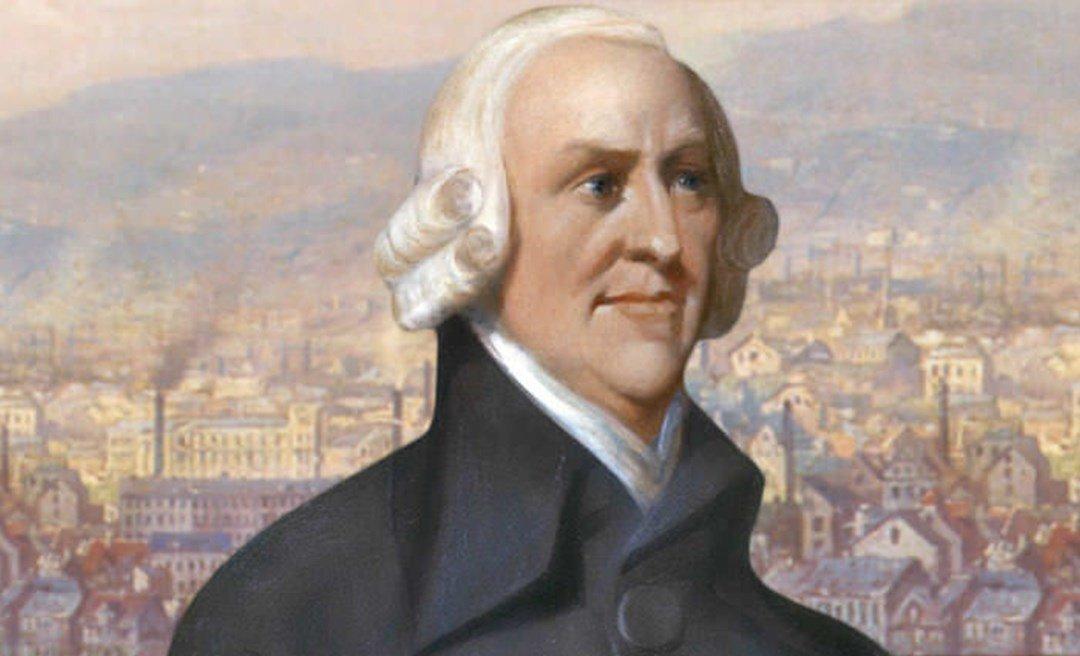Commentary
This past weekend, it was the 295th birthday of Adam Smith, champion of trade and the philosophical mastermind who explained the end of the old world and the beginning of the new. And yet, at this time, after so many centuries of intellectual work to promote economic and political freedom, we hardly have any left, even in the United States.





